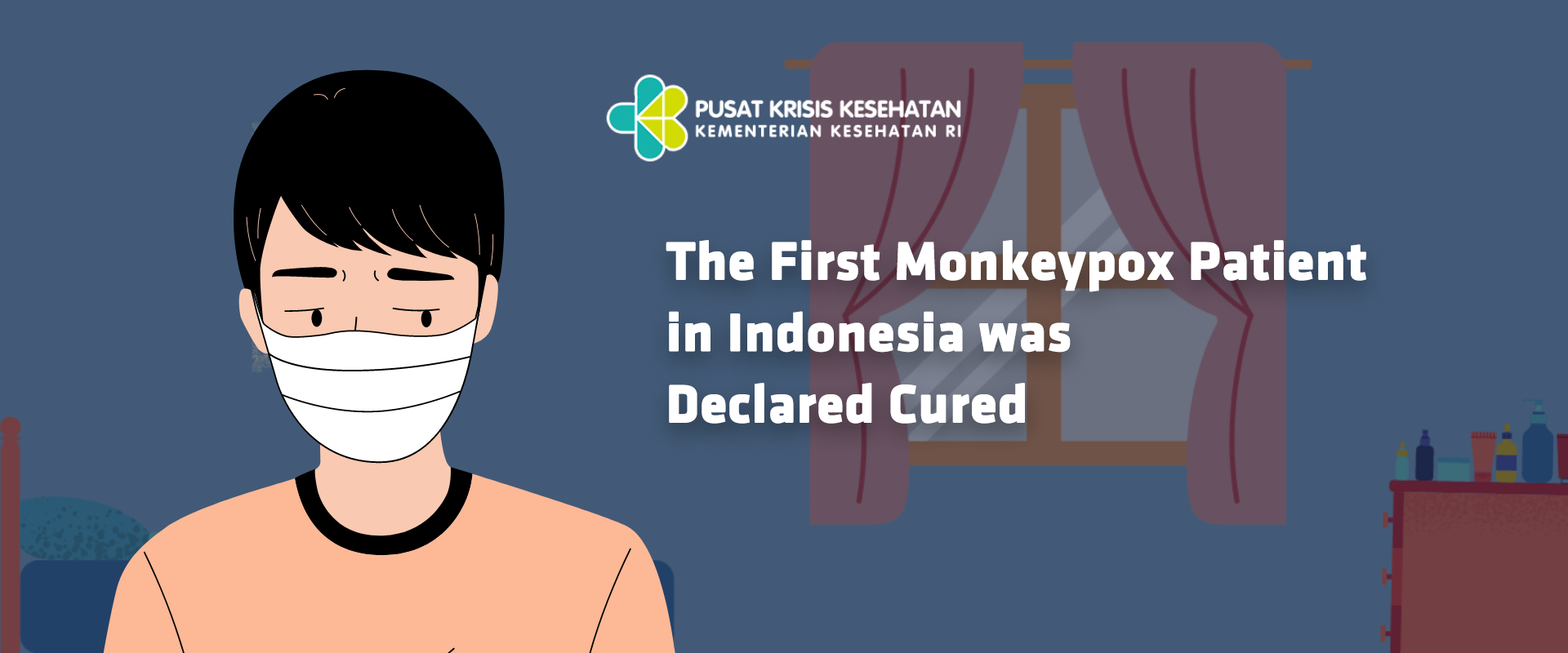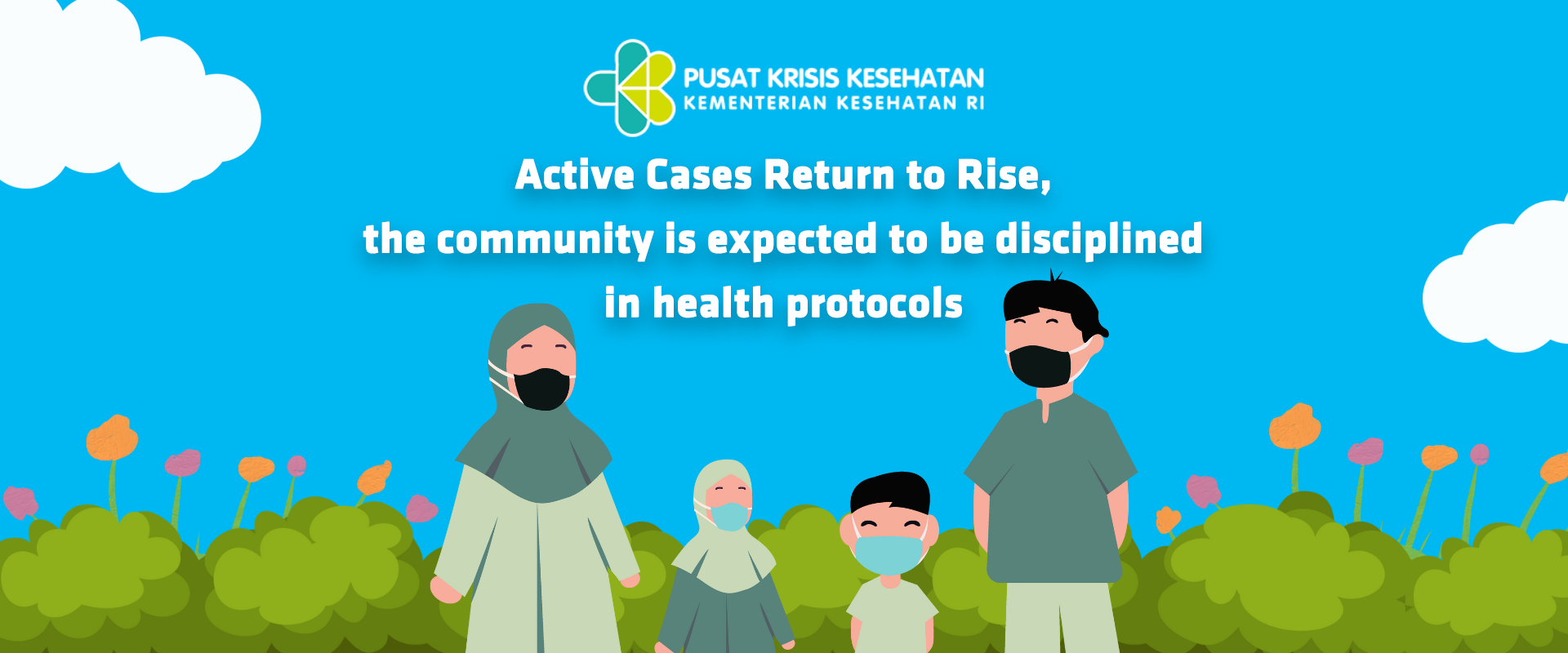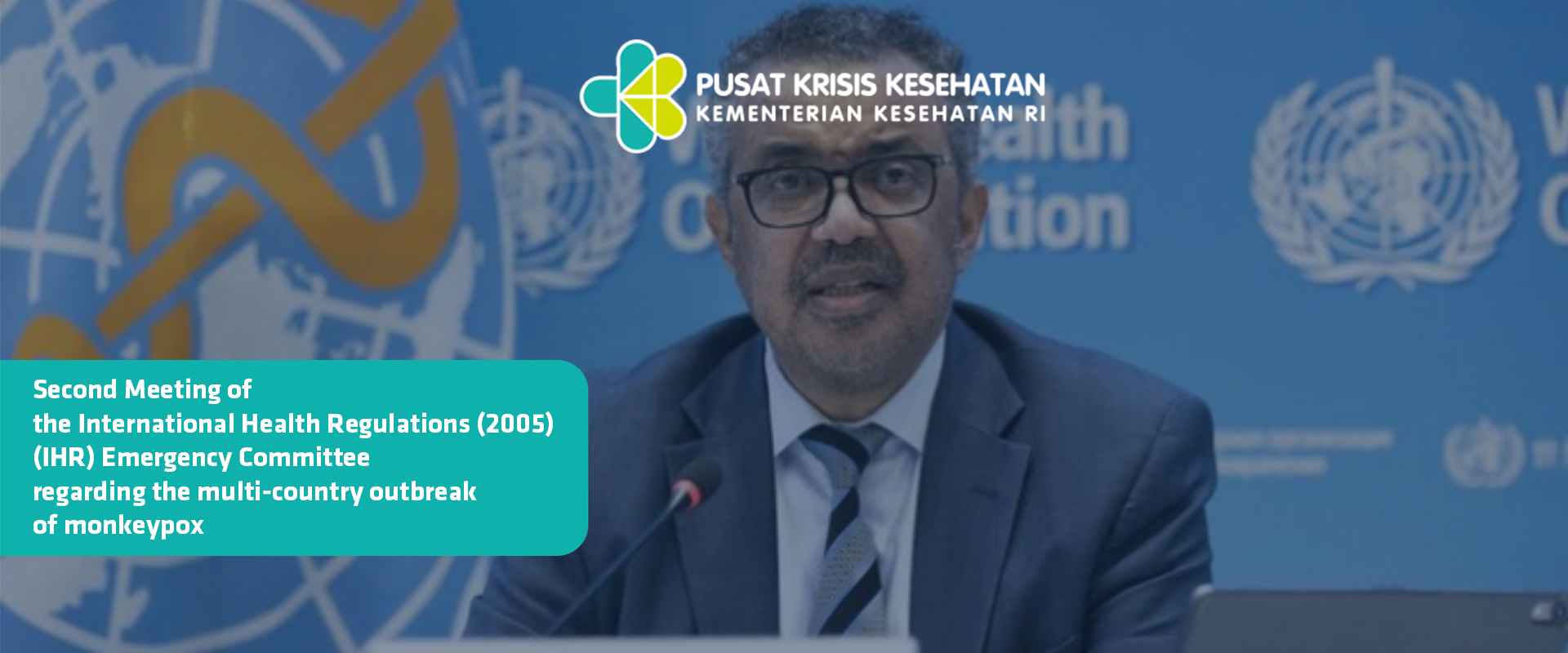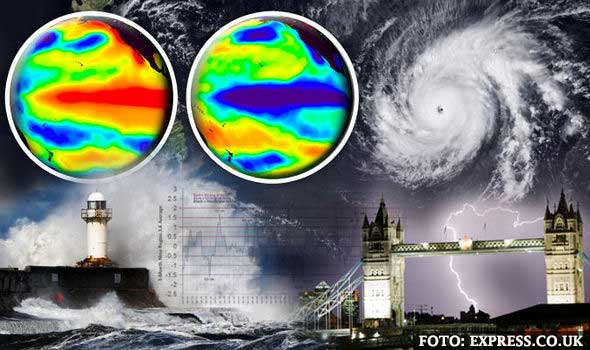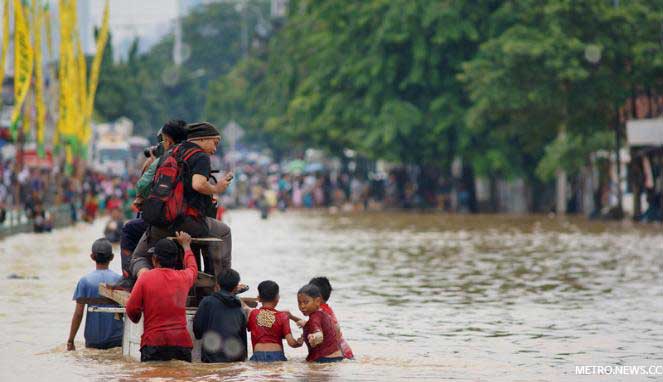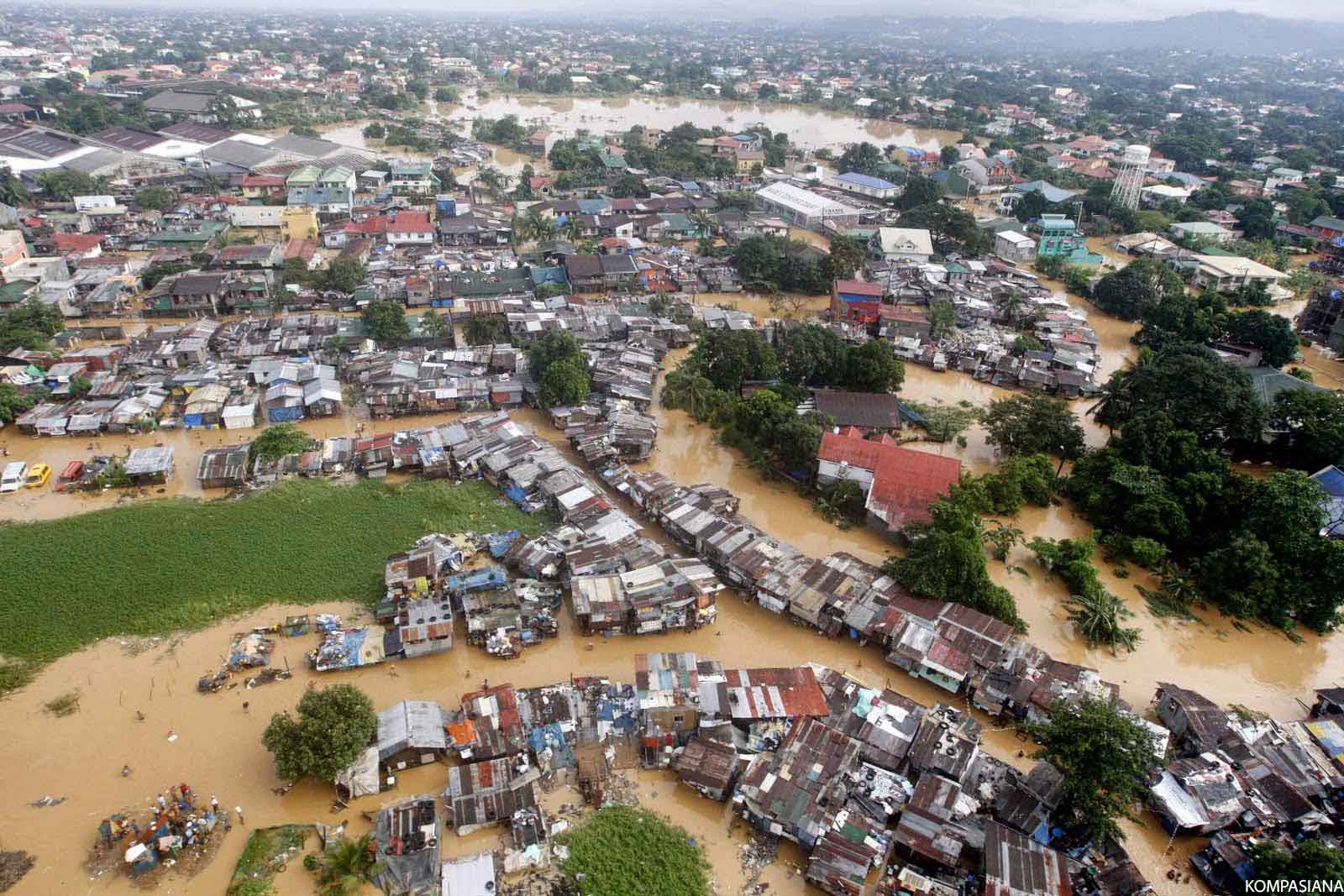Jakarta, July 23, 2017
In Yemen"s neighboring country of Saudi Arabia there has been a spreading and spread of Cholera"s disease that strikes more than 322,000 people. Because Yemen is bordered by Saudi Arabia, it is necessary to be aware of the possibility of spreading and transmitting cholera diseases on pilgrims, especially the Indonesian Hajj pilgrims.
Thus the message of the Minister of Health, Prof. Dr. Dr. Nila Farid Moeloek, Sp.M (K), which is intended specifically for pilgrims in the country who are preparing to wait for departure, Sunday (23/7).
"In Indonesia, Diarrhea is still found, but cholera is very rare, and cholera is often referred to as Muntaber disease (vomiting and defecation)," said Minister of Health.
Signs and Symptoms of Cholera
Symptoms are frequent watery defecation (Diarrhea) and accompanied by vomiting. The cholera stools look watery like rice water. Cholera symptoms appear 8-72 hours after the patient is exposed to a source of transmission. This period is called the incubation period.
Patients with cholera should be treated immediately to be given fluids, because if not immediately treated and given fluids, can die from lack of fluids (dehydration). On the way to the place of treatment, the patient can be given oralitic fluid for first aid, to prevent fluid deficiency.
Transmission
Cholera germs are spread through the stools of patients. Transmission occurs if accidentally stools Cholera sufferers contaminate the drink or food, which is then consumed by others. This can happen if a cholera defecate is arbitrary or adjacent to a water source or a food processing plant.
Prevention That Can Be Done
In order for Indonesian pilgrims not to contract Cholera disease while in Saudi Arabia, what can be done is:
A) Drink using bottled water or water that has been cooked.
B) Using clean water / PAM for everyday purposes, such as cooking, washing cutlery, brushing teeth, ablution, and bathing.
C) Wash hands with enough water and soap, before meals, before touching food or processing food, after defecation, and after taking care of diarrhea or sick people.
D) Eat well-cooked foods, avoid eating raw foods, wash or cook vegetables before eating, washing or peeling fruits before eating, and storing food in closed containers or containers.
E) Cooking and processing food in the cleaned kitchen / room.
F) Using sanitized toilet and bathroom.
G) Place contaminated with feces or vomit of cholera sufferers should be cleaned with water and carbolic or with water and other disinfectant disinfectants.
H) Immediately seek treatment if diarrhea, vomiting or other illness.
This news is broadcast by the Bureau of Communications and Public Service, Ministry of Health RI. For further information please contact Halo Kemkes via hotline number 1500-567, SMS 081281562620, facsimile (021) 5223002, and contact email [email protected].
Head of Communications and Public Service Bureau
Drg. Oscar Primadi, MPH
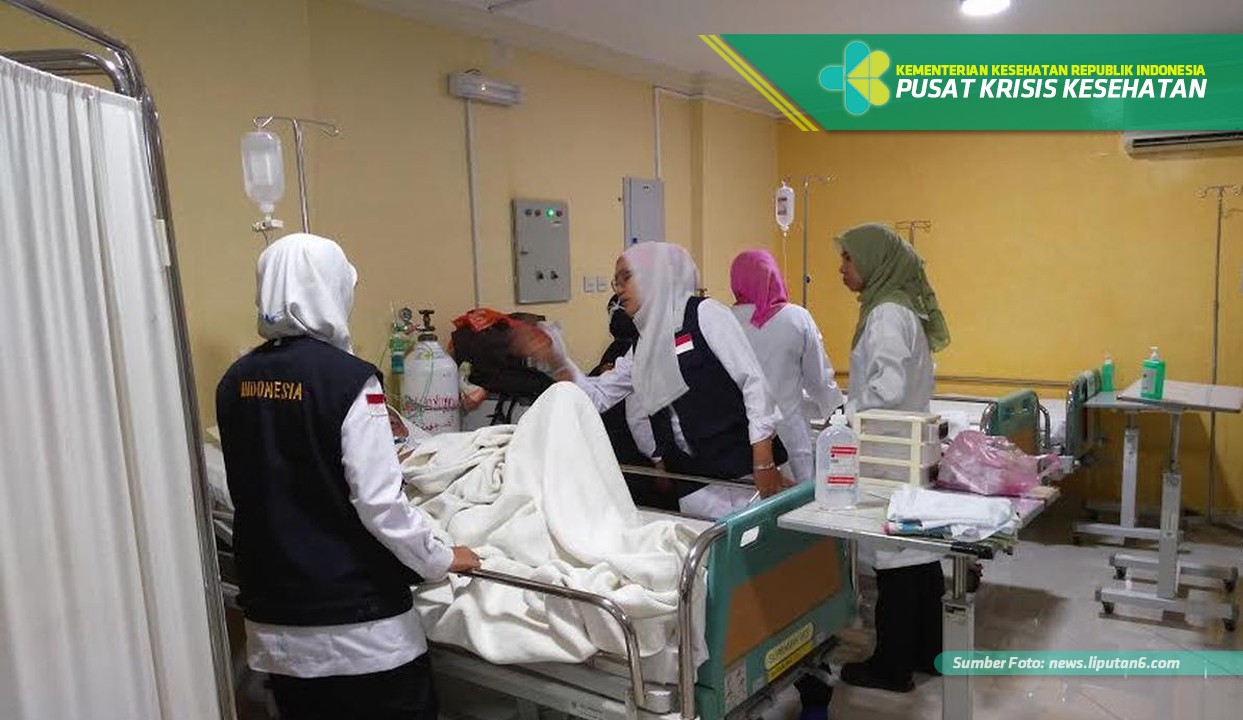

.png)
